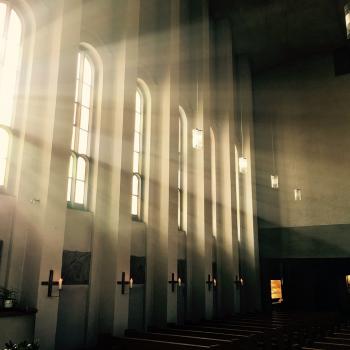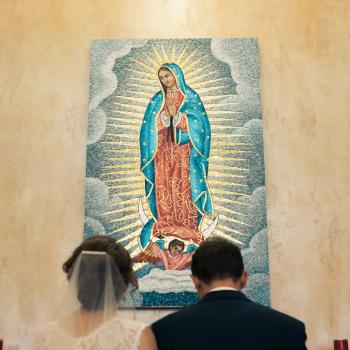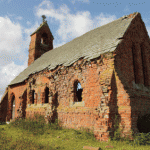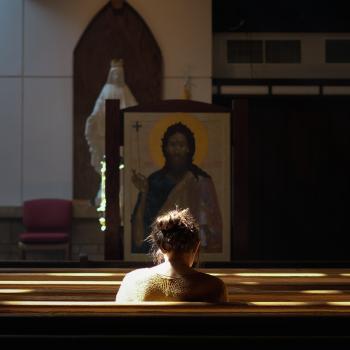That’s the notion I’m chewing on this week over in my column, “All Things New.”
A couple years ago, during Easter season, a man stopped me after church one Sunday.
He was perturbed. “What’s all this Latin doing in the mass?” he asked.
“What do you mean?”
“All this Latin!” he said, exasperated. “I thought they took that out. I don’t understand it.”
I explained that, well, it is the Easter season, and some of the prayers at a couple points in the mass are sung in Latin, but that’s about it.
“Well, I wish they’d stop it,” he snapped. “It’s divisive.” He then proceeded to go on and on about the Kyrie.
Which, of course, is in Greek.
Working as a deacon, I brush up against this sort of thing a lot, and it’s easy to draw the conclusion that the situation is beyond repair.
And yet, I continue to see reasons to hope. On a recent Monday night, I wandered past the meeting room in the rectory basement and saw that it was packed with thirty or so adults for Bible study. On any given Sunday, about 2,000 people fill the pews at my church for mass. They line up every weekday for confessions. They light candles and pray the rosary and bow devotedly before the Infant of Prague or St. Anthony or St. Jude, whose feet are almost always covered with tiny folded prayer petitions.
People turn out in droves for novenas to Padre Pio and St. Jean Vianney, and they fill every seat on a Saturday night in spring for the three hours of the Easter Vigil. They come for ashes, and palms, and the blessing of the throats, and they crowd the pews during Lent to pray the Stations of the Cross on a succession of cold Friday nights.
But why?
I have some ideas on that. Check out the rest.











